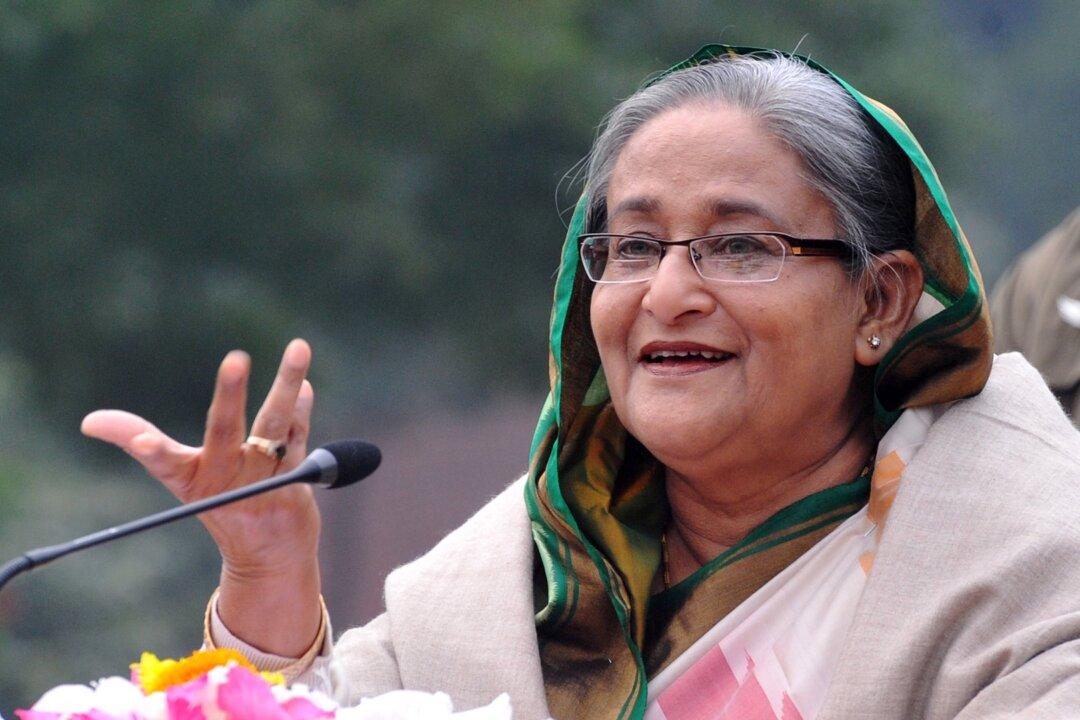Unofficial results from Bangladesh elections show a landslide victory for the ruling Bangladesh Awami League, giving another term to Sheikh Hasina as the country’s longest-serving prime minister. The main opposition party is rejecting those results and calling for new elections.
Bangladeshis went to the polls Dec. 30 to decide representatives for the 11th Jatiya Sangsad, or National Parliament, amid reports of violence that resulted in at least 17 dead and many more injured across the country. The capital Dhaka—the most densely populated city on earth—remained relatively peaceful.





